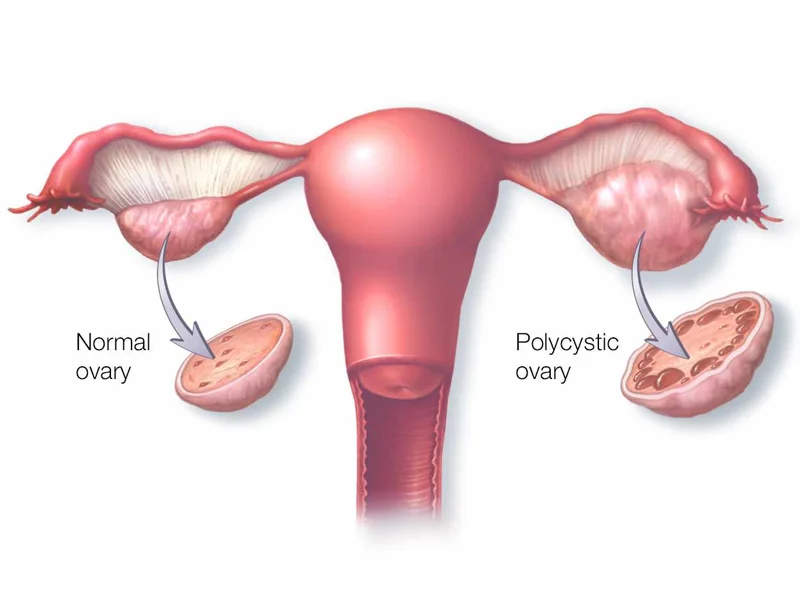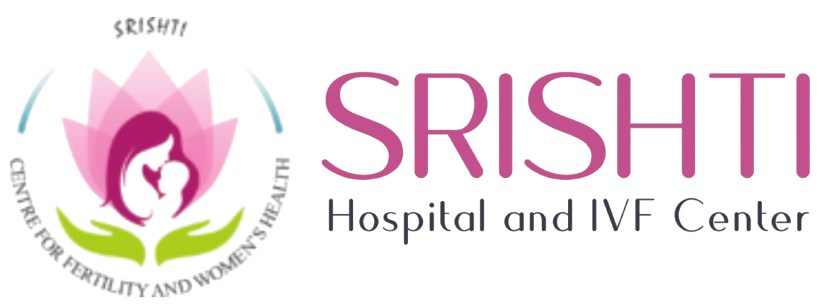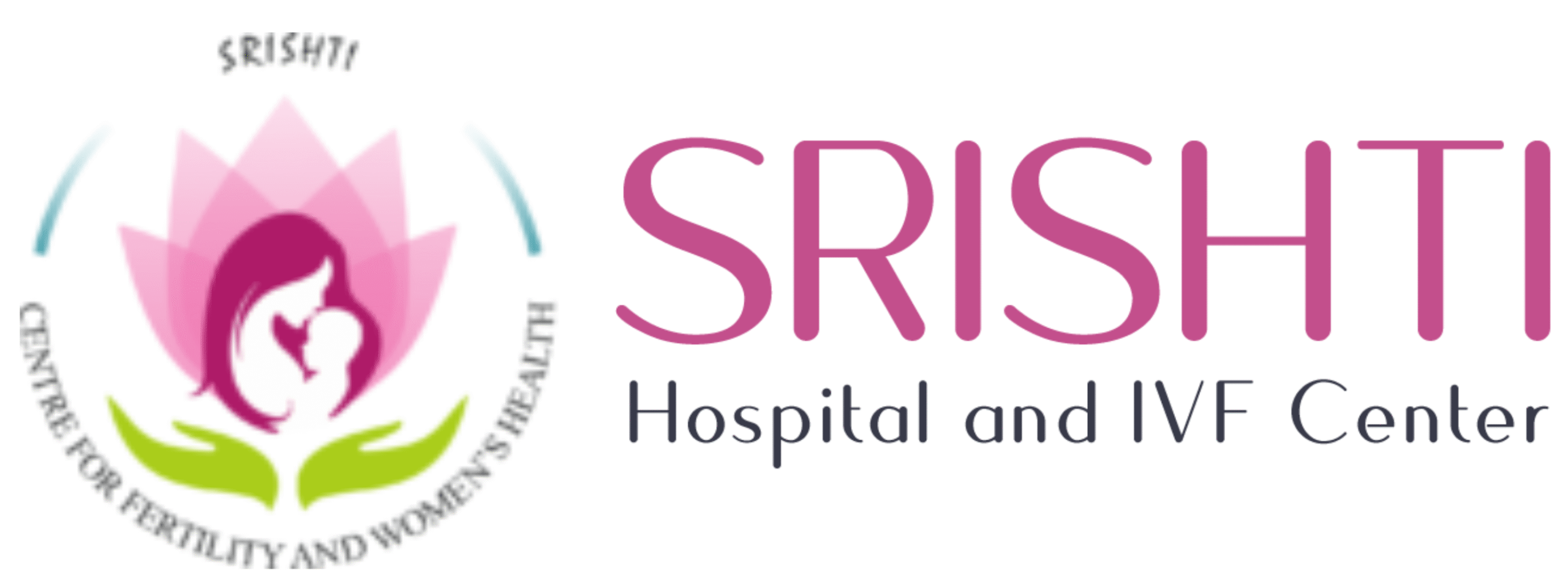
PCOD/PCOS
Polycystic ovary syndrome (PCOS) or polycystic ovary disease (PCOD) is a hormonal disorder that affects women of reproductive age. PCOS is characterized by the growth of small cysts on the ovaries, which can cause hormonal imbalances and disrupt menstrual cycles. PCOS can also lead to long-term health problems such as diabetes, high blood pressure, and heart disease. Women with PCOS have higher levels of androgens (male hormones) than normal, which can disrupt the menstrual cycle and cause problems with fertility.
Symptoms of PCOS
- irregular periods
- Heavy bleeding,
- Acne
- excess hair growth (hirsutism),
- weight gain
- Difficulty getting pregnant.
The exact cause of PCOS is not fully understood, but it is thought to be related to insulin resistance and an overproduction of androgens (male hormones) in the body. PCOS can be diagnosed through a physical exam, blood tests, and an ultrasound of the ovaries.
Treatment
Treatment for PCOS usually involves lifestyle changes such as maintaining a healthy diet and exercise routine, as well as medications to regulate hormones and manage symptoms. Women with PCOS who are trying to conceive may also require fertility treatments such as ovulation induction or in vitro fertilization (IVF).

